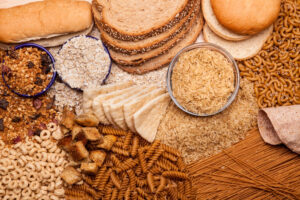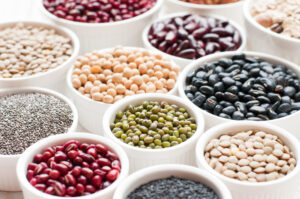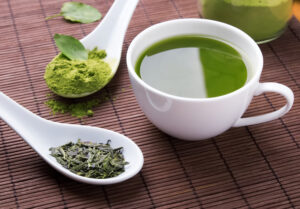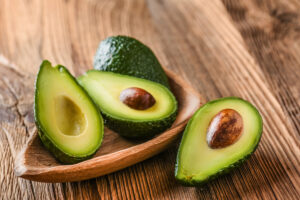The foods you eat have a huge impact on your health. The American Heart Association states that a heart-healthy diet can help reduce the risk of heart disease and promote better heart health. Eating a healthy diet can help reduce or even eliminate risk factors for heart disease, such as improving cholesterol, lowering blood sugar, reducing body weight, and lowering blood pressure. There are a lot of healthy foods that you can work into your diet to improve your heart health. Here are 10 of the best foods for heart health that can help lower your risk of heart disease.
1. Dark Leafy Greens
Some of the best foods for heart health are dark leafy greens. These include vegetables such as kale, spinach, collard greens, arugula, and bok choy. These vegetables are packed with vitamins, minerals, and antioxidants. Vitamin K is an especially great nutrient found in dark leafy greens, as it helps protect arteries and promote proper blood clotting. These vegetables also contain dietary nitrates which help open your blood vessels so that oxygen-rich blood can more easily reach your heart, reducing blood pressure and arterial stiffness.
2. Berries

3. Fatty Fish
Omega-3 fatty acids have great benefits for heart health. You can find omega-3s in fatty fish such as salmon, tuna, sardines, and mackerel. These fish are known for being some of the best foods for heart health and may provide protection against heart disease as well as slightly reduce the risk of arrhythmias. If you continue to eat fatty fish over the long term, you may experience lower levels of cholesterol, systolic blood pressure, blood triglycerides, and fasting blood sugar. If you’re not a fan of seafood, you can take fish oil supplements to get your daily dose of omega-3s.
4. Whole Grains

5. Nuts & Seeds
Nuts and seeds are some of the best foods for heart health because they are so nutrient-dense. For example, walnuts are a great source of fiber, magnesium, manganese, and copper. Almonds contain many vitamins and minerals that are essential for heart health and also contain heart-healthy monounsaturated fats and fiber. Chia seeds, flaxseeds, and hemp seeds are all sources of fiber and omega-3 fatty acids. Studies show that nuts and seeds like these can improve heart disease risk factors such as cholesterol, blood pressure, inflammation, and triglycerides.
6. Beans & Legumes

7. Garlic
Garlic is a food that offers lots of medicinal benefits. One of those benefits is improving heart health. Garlic contains allicin, which has many therapeutic effects. Research has shown that garlic supplements can lower both systolic and diastolic blood pressure and may even be as effective as common prescription blood pressure medications. Another benefit of garlic is that it can inhibit platelet buildup, reducing the risk of blood clots and stroke.
8. Green Tea

9. Dark Chocolate
The antioxidants that are found in dark chocolate, such as flavonoids, make it one of the best foods for heart health. If you eat dark chocolate in moderation, you may benefit from a decreased risk of coronary heart disease, diabetes, and stroke. It’s recommended to eat less than six servings of dark chocolate per week to maximize the positive benefits while mitigating the negative effects. Choose a high-quality dark chocolate with a cocoa content of 70% or higher to get the most benefits for your heart health.
10. Avocados

Improve Your Heart Health with Our Help
These are some of the best foods for heart health that you should include in your diet if you want to reduce the risk of heart disease, lower cholesterol, reduce blood pressure, and improve glycemic control and vascular function. However, diet alone is often not enough to fully prevent heart disease. We offer a number of therapies to treat heart disease and help our patients improve heart health. Learn more about our approach to heart disease and how you can enjoy a better quality of life with our help.
